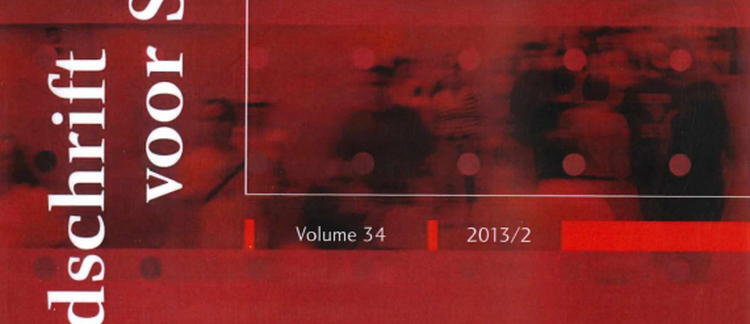Abstract
Since the beginning of the reflexive or second modernity in the middle of the 20th century, volunteering is said to be subject of far-reaching consequences concerning the involvement of volunteers. The most important repercussion is a decline in the duration of involvement, most thorough within younger generations. Engagement became volatile and more focused on the short term. On the base of national administrative data of all 31851 volunteers started between 2000 and 2011, we investigate these tendencies for the Scouts and Guides movement in Flanders. We conclude that there is a significant decline in the duration of involvement throughout the years studied, with a decreasing gender difference in the duration of involvement. Men are overrepresented in leading positions of the organization, though women are getting more and more involved. A questionnaire of 1076 quitted volunteers shows that both sexes indicate significant different reasons to quit their involvement.
How to Cite:
Deyaert, J., Willems, J. & Mortelmans, D., (2013) “De opkomst van de Nieuwe Vrijwilliger: een longitudinale studie bij Scouts en Gidsen Vlaanderen”, Tijdschrift voor Sociologie 34(2), 149–170. doi: https://doi.org/10.21825/sociologos.86825
Downloads:
Download PDF
View PDF


